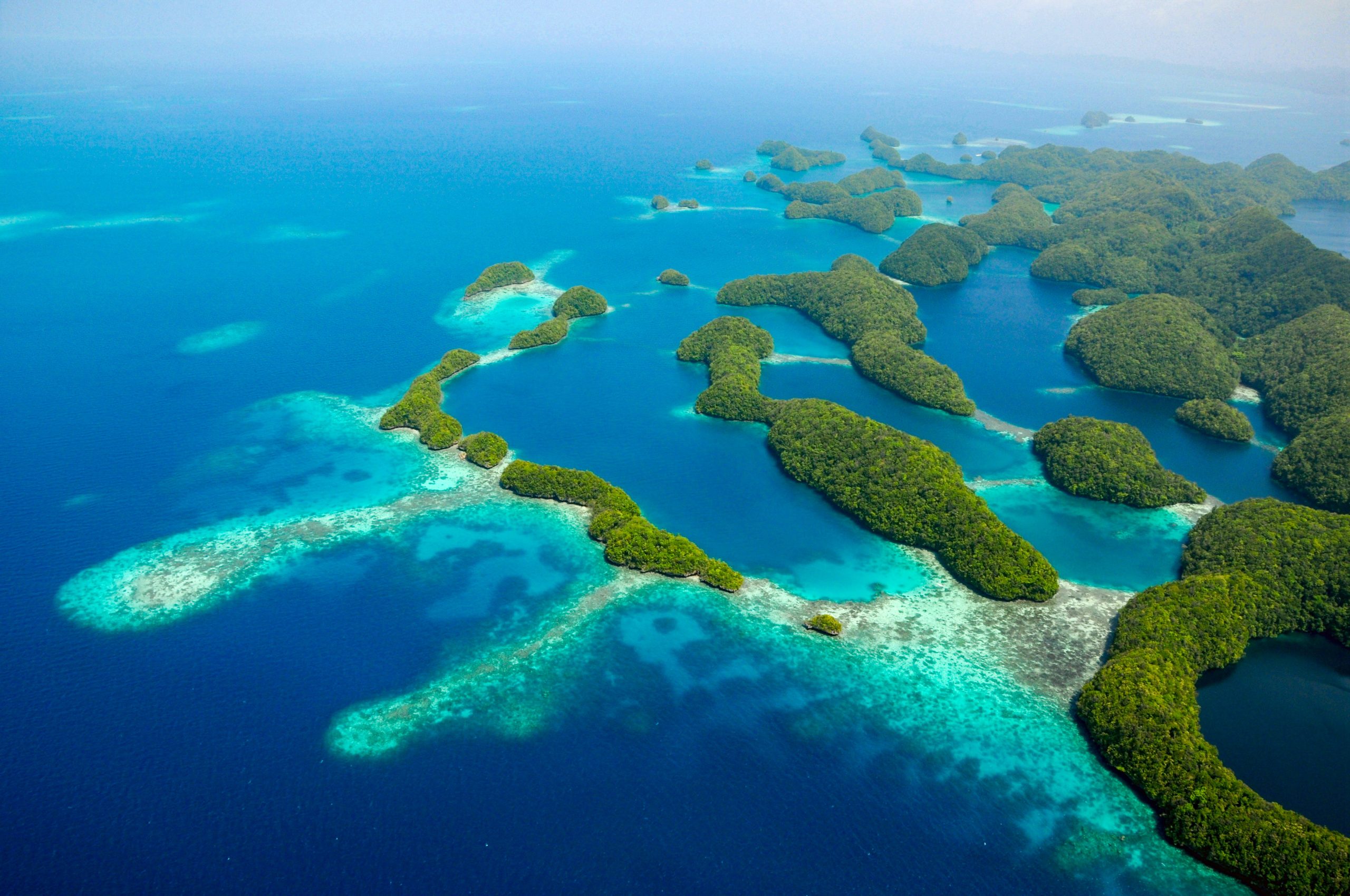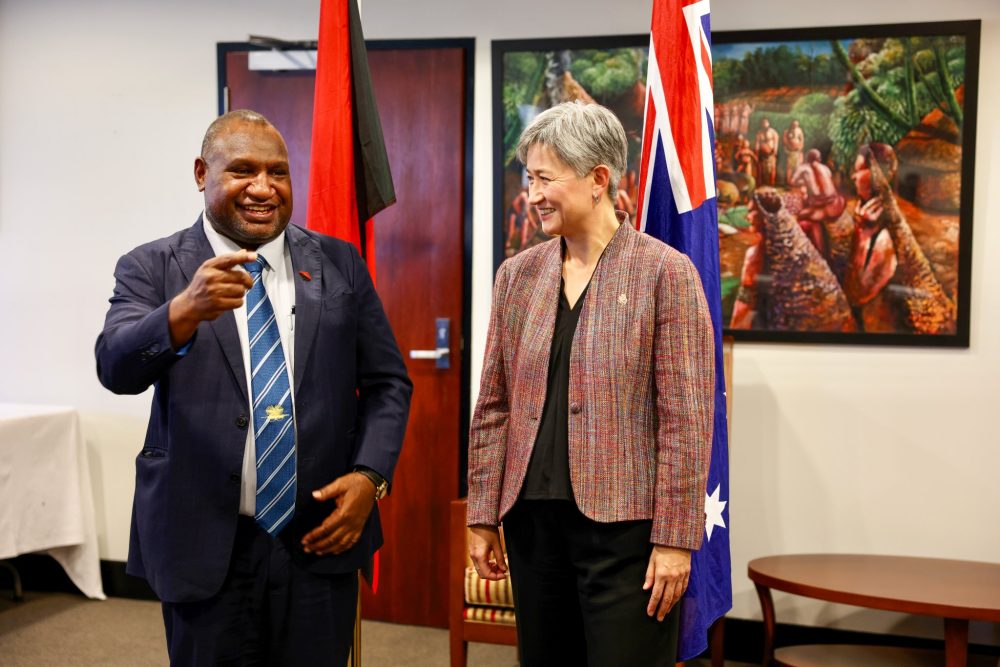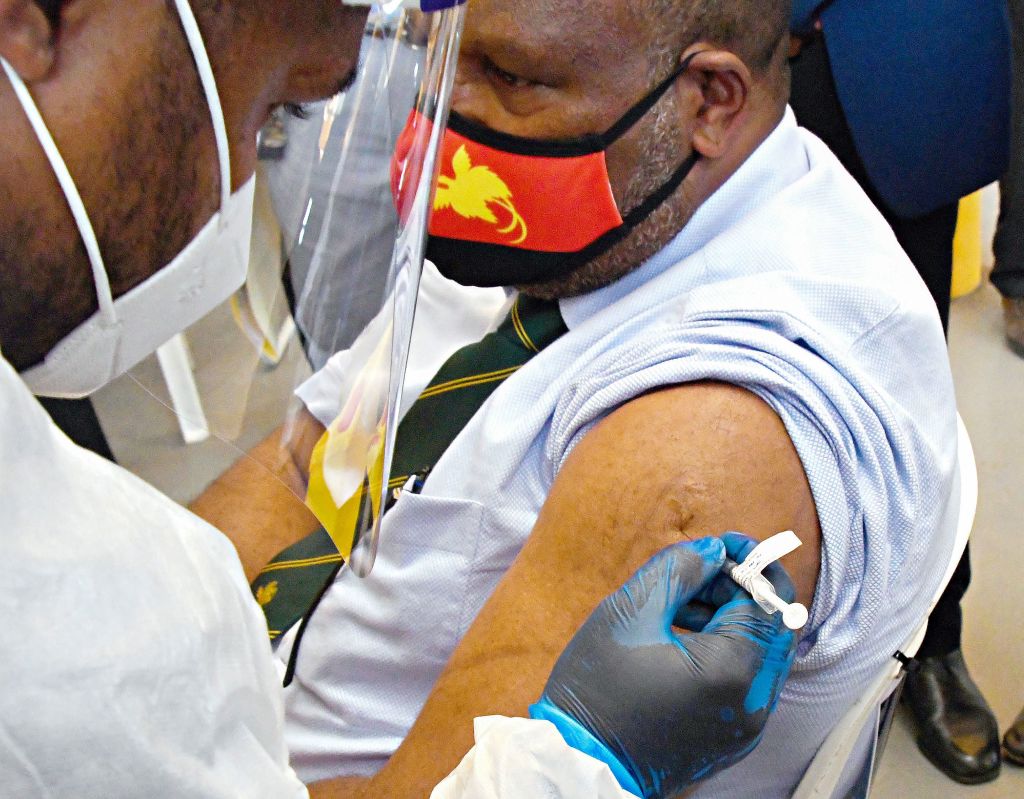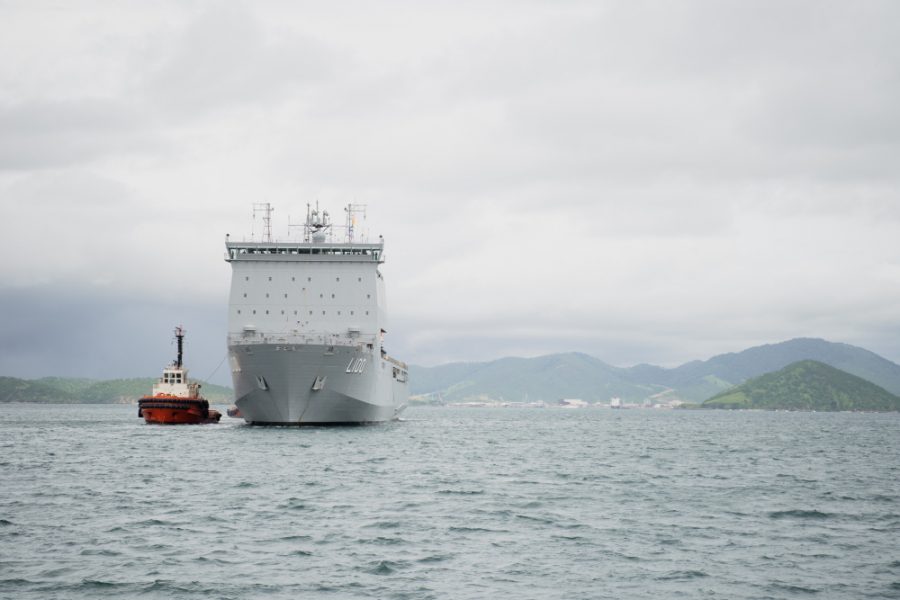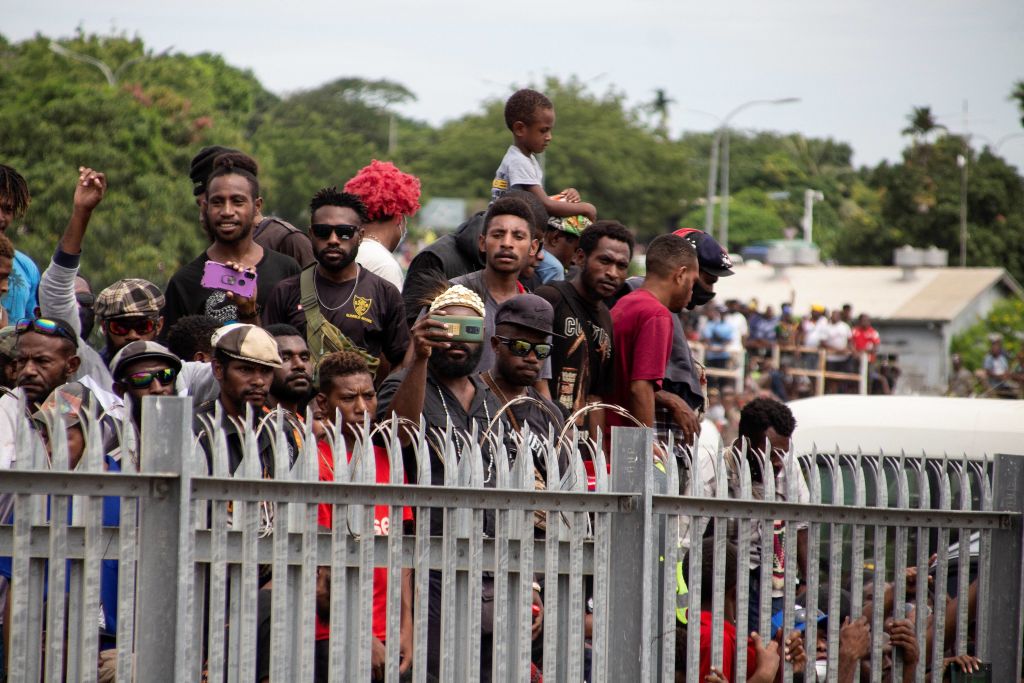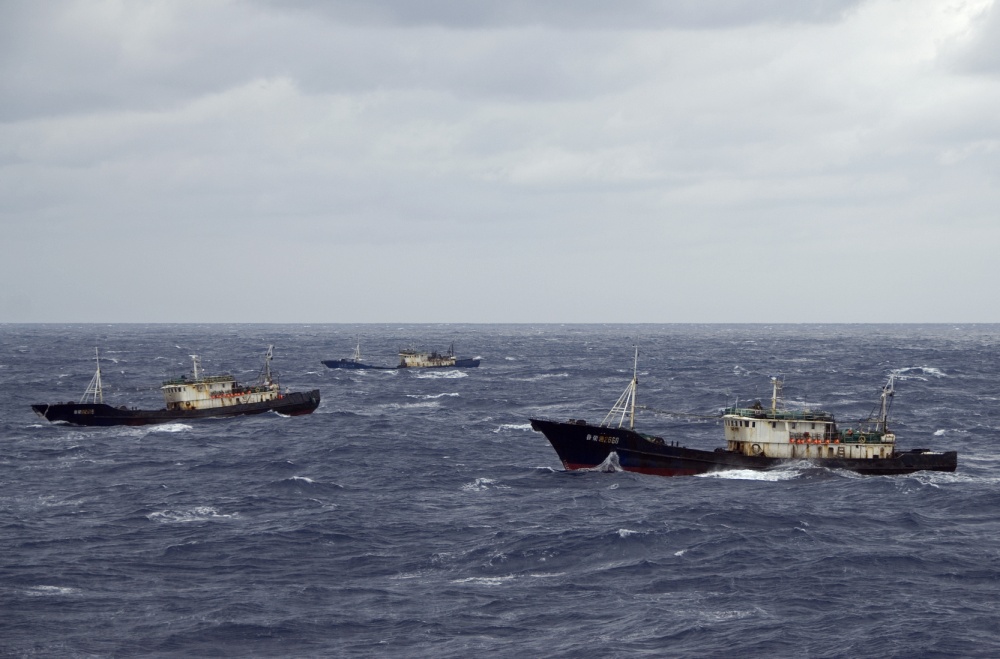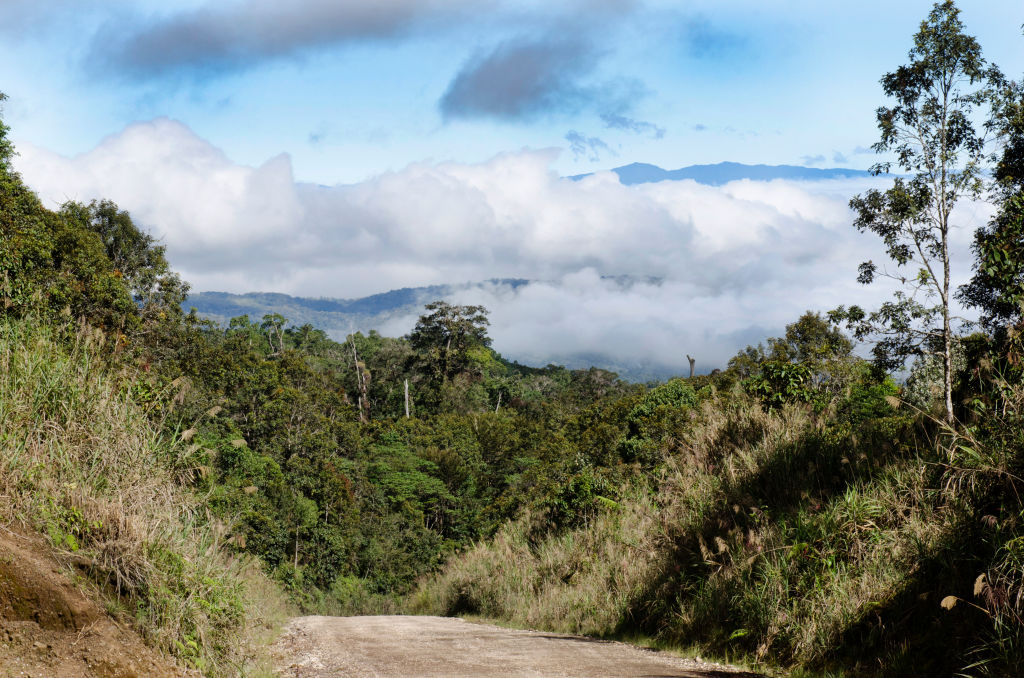Things I was wrong about

This is an article about things I was wrong about. It’s not exhaustive.
It’s also an unconventional way to take stock of some of the biggest ongoing issues in foreign affairs and security: Australia’s relationship with Papua New Guinea and the rest of the near region, big military acquisitions, and what to learn from Russia’s invasion of Ukraine.
I am a small fish in an admittedly shallow think tank pond, and I assume few have paid attention to my mistakes. But I’ve been doing this for long enough now that I ought to hold myself to account.
In May 2022 I wrote in The Strategist that the next National Rugby League team should come from PNG.
A rugby league deal has now been struck worth $600 million over 10 years across PNG and the wider Pacific—though not, of course, because of anything I wrote—and I find myself deeply ambivalent about it.
An esteemed colleague who must remain nameless is culpable for changing my mind. Among many questions: how would failure be dealt with, and what will the Australian government do if the league comes asking for more? And, as Stephen Howes and Oliver Nobetau have emphasised, is this the best use of Australian money in PNG?
A PNG team playing in Australia is not an inherently bad idea. It’s a significant diplomatic achievement and one that will have deep symbolic import for many people in both nations. It is also backed by elite politicians on either side of the strait. One cannot underestimate the near mythical role sport plays in the psyche of Australia. Sharing that with our closest neighbour is potentially soft power genius. Advocates also point out that sports might be used to drive engagement with other social programs. If unlimited money were available, a PNG team would make some sense.
But there is not unlimited money. The long-run strategic payoffs of addressing the basic human development challenges that drive PNG’s fragility seem likely to be greater. This isn’t a call for more development assistance; the case for expanded visa arrangements is strong, for instance. In the cold light of day, this deal looks like an extravagance in the face of average Papua New Guineans’ daily struggle to be safe, healthy and educated—though I hope I am wrong again.
Mistake number two. In September 2022, I parsed some developments in advanced military command-and-control systems in the United States. I wrote that ‘Truly integrated command-and-control systems are one priority that might be considered in the various [Australian] assessment processes’ then underway—for example, the Defence Strategic Review.
The pursuit of comprehensively integrated sensor and communications networks now seems to me a fool’s errand. In acquisition terms, we know how difficult big, complex projects are, and any all-seeing, all-talking network would be just that. There are many cases where there is no other choice (submarines, for example) but we should try to avoid it.
And operationally, I should have listened to my own advice, which followed closely at the heels of far more credible others, including now-Major General Chris Smith, that in warfare the best that can be hoped for is rough coordination, because of the ever-present friction that bedevils military operations. It’s a matter of satisficing, not perfecting. Ukraine’s resistance to Russia so far appears to validate both these dimensions, showing what hastily acquired, messily integrated arrays of kit can achieve in determined hands.
Thankfully, my third mistake was not on the record. Had I been making predictions about the outcome of Russia’s February 2022 invasion of Ukraine, I would have been wrong. So many analysts were very wrong, and these analytic failings have attracted welcome reflection.
Like many, I thought—or assumed—that a concerted Russian attack would quickly overwhelm Ukraine. I failed to appreciate Ukraine’s development of its military capabilities since 2014, the realities of scale and distance in the theatre, the level of mobilisation therefore required, and the disfunction of Vladimir Putin’s Russia and its armed forces.
I still think acute concern about escalation has been entirely legitimate. I also wonder whether small changes might have seen a successful coup de main on Kyiv, or what might have happened had President Volodymyr Zelensky been killed in the early hours or days.
My fourth mistake was underestimating the power of narratives to cloud specifics. I contributed to an Asia-Pacific Development, Diplomacy and Defence Dialogue paper exploring the emerging ‘all tools of statecraft’ rhetoric. I also published related shortform work shortly afterwards.
My intent—aligned with that of many others, much more distinguished—was that our international affairs community rebalance the books, elevating the roles of conflict prevention alongside defence preparedness, and long-term resilience building alongside shorter-term tactical responses.
This rhetorical turn towards ‘all tools of statecraft’ has become mainstream. Prime Minister Anthony Albanese, Foreign Minister Penny Wong, the National Defence Strategy and the International Development Policy all reflect the advocacy of many for a more integrated ‘statecraft’ approach.
But I’ve found myself increasingly sceptical. For one thing, there is little sign that the budget levels between Australia’s different policy levers are shifting to any greater balance. It isn’t all about the money, but the money is important.
Until very recently, it seemed like we had hollowed the idea of its political significance and rendered it technocratic, a matter of important but mundane coordination between Canberra departments.
And yet, perhaps the wheel really is turning. We’re now seeing outcomes that reflect a more ambitious rendering of statecraft: leaders opening space for genuine policy innovation and changing international relationships in consequential ways.
The Falepili Union—a genuinely comprehensive partnership, with a clear dividend for Australia—was perhaps the first big signpost. An agreement announced with Nauru late last year is another huge step and, whatever its flaws, the PNG rugby league deal reflects a clear appetite to find different ways of engaging the region. The potential to build on these successes, particularly regarding labour mobility, appears real. Replicating such innovations in bigger, more crowded Southeast Asia will remain a challenge and something to watch.


